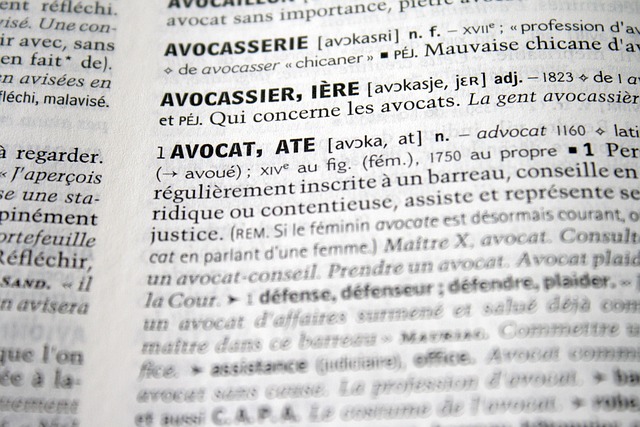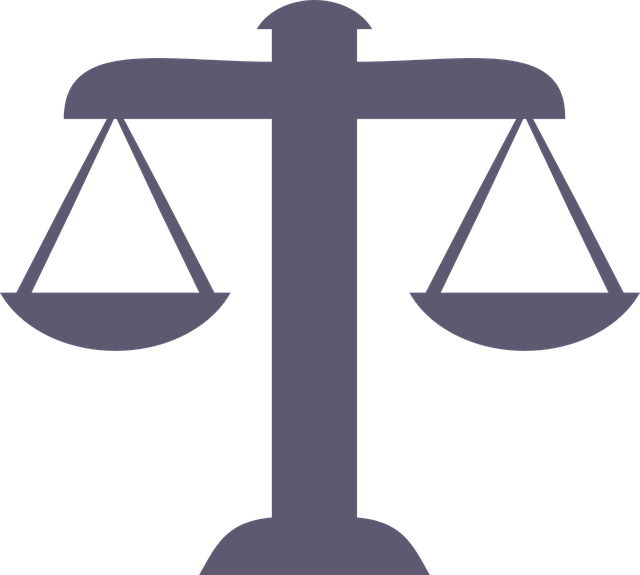Environmental regulation violations pose significant risks for businesses globally, with common causes including waste disposal issues, air/water pollution, and non-compliance with protection standards. Consequences range from fines and legal penalties to damaged reputations. Legal Assistance for Environmental Regulation Violations is crucial to navigate complex regulations, mitigate impacts, and adopt sustainable operations. Specialized lawyers guide clients through enforcement actions, compliance investigations, and remediation processes, ensuring fair outcomes while promoting environmental stewardship. Proactive strategies include implementing strict policies, employee training, meticulous record-keeping, and continuous communication with regulators. For complex cases, enlisting these professionals is vital for effective defense against regulatory fraud charges.
Regulatory Fraud Laws: Ensuring Environmental Accountability explores the intricate world of environmental regulation, focusing on violations and their profound impact. We delve into common causes behind these breaches, from unintentional errors to deliberate fraud. Understanding key provisions and penalties under regulatory fraud laws is crucial for businesses navigating complex environmental compliance. This article highlights the pivotal role of legal assistance in mitigating violations and offers strategic insights for proactive prevention, ensuring businesses stay within legal bounds while fostering sustainability.
- Understanding Environmental Regulation Violations: Common Causes and Impact
- Navigating Regulatory Fraud Laws: Key Provisions and Penalties
- The Role of Legal Assistance in Mitigating Environmental Violations
- Strategies for Businesses: Preventing and Addressing Regulatory Non-Compliance
Understanding Environmental Regulation Violations: Common Causes and Impact

Environmental Regulation Violations are a significant concern for businesses worldwide, often stemming from negligence or deliberate actions that harm the environment. Common causes include improper waste disposal, air pollution, water contamination, and failure to comply with specific environmental protection standards. These violations can have severe consequences, ranging from substantial fines and legal penalties to reputational damage and loss of consumer trust.
Companies found guilty of such infringements may require legal assistance for Environmental Regulation Violations to navigate the complex regulatory landscape and mitigate potential impacts. Skilled lawyers specializing in this area can guide respective businesses through enforcement actions, compliance investigations, and environmental remediation processes. By achieving extraordinary results for his clients, these legal professionals help ensure that businesses not only meet their legal obligations but also take proactive steps towards sustainable operations, thereby minimizing future violations.
Navigating Regulatory Fraud Laws: Key Provisions and Penalties

Navigating Regulatory Fraud Laws involves understanding key provisions designed to deter and penalize violations. These laws are particularly stringent when addressing environmental regulation breaches, often treating them as high-stakes cases due to their significant impact on public health and safety. Legal Assistance for Environmental Regulation Violations can guide entities and individuals through these complex legal landscapes.
Provisions may include strict liability rules, eliminating the need to prove intent, and imposing penalties such as fines, prison sentences, or both. In severe instances, a complete dismissal of all charges might be negotiated with proper legal representation, though this remains an exception rather than the rule in white-collar and economic crimes cases. Penalties are meant to serve as deterrents, aiming to revolutionize corporate behavior and foster compliance with regulatory frameworks.
The Role of Legal Assistance in Mitigating Environmental Violations

In the realm of environmental law, legal assistance plays a pivotal role in mitigating violations and ensuring compliance with stringent regulatory frameworks. For clients facing environmental regulation charges, accessing skilled legal counsel is paramount. Lawyers specializing in this field possess an in-depth understanding of complex environmental laws and regulations, enabling them to guide their clients through the intricate process of interpretation and application. This expertise is invaluable when navigating potential pitfalls and identifying viable strategies for defense or compliance.
Across the country, legal professionals have achieved extraordinary results for their clients by employing innovative approaches to challenge unjustified allegations, negotiate settlements, or design effective remediation plans. Their strategic interventions not only safeguard the interests of individuals and businesses but also foster a culture of environmental stewardship. Through meticulous research, persuasive advocacy, and creative problem-solving, these legal assistants contribute significantly to upholding environmental integrity while ensuring fair outcomes for their clients.
Strategies for Businesses: Preventing and Addressing Regulatory Non-Compliance

Businesses operating in today’s highly regulated environment must be vigilant to prevent and address regulatory non-compliance. A robust compliance program is essential, encompassing clear policies, regular training for employees, and meticulous record-keeping. Proactive measures such as seeking legal assistance for environmental regulation violations can help identify potential pitfalls and ensure adherence to ever-changing laws. Engaging in ongoing communication with regulators and staying informed about industry trends are also strategic steps towards mitigating risks.
For companies facing regulatory challenges, especially in high-stakes cases involving white collar defense, leveraging the expertise of legal professionals specialized in environmental regulations is crucial. These specialists can guide businesses through complex legal landscapes, offer tailored strategies for compliance, and represent their interests effectively. By combining robust internal controls with external legal assistance, organizations can strengthen their defenses against regulatory fraud charges and maintain a competitive edge in the market.
In light of the above discussions, it’s clear that understanding and adhering to environmental regulations is not just a legal requirement but also a strategic imperative for businesses. Navigating regulatory fraud laws, as outlined in this article, provides a robust framework to ensure accountability. Legal Assistance plays a pivotal role in mitigating violations, offering guidance on compliance strategies that prevent costly mistakes and reputational damage. By embracing proactive measures, businesses can avoid the penalties associated with non-compliance and contribute positively to environmental conservation efforts.






